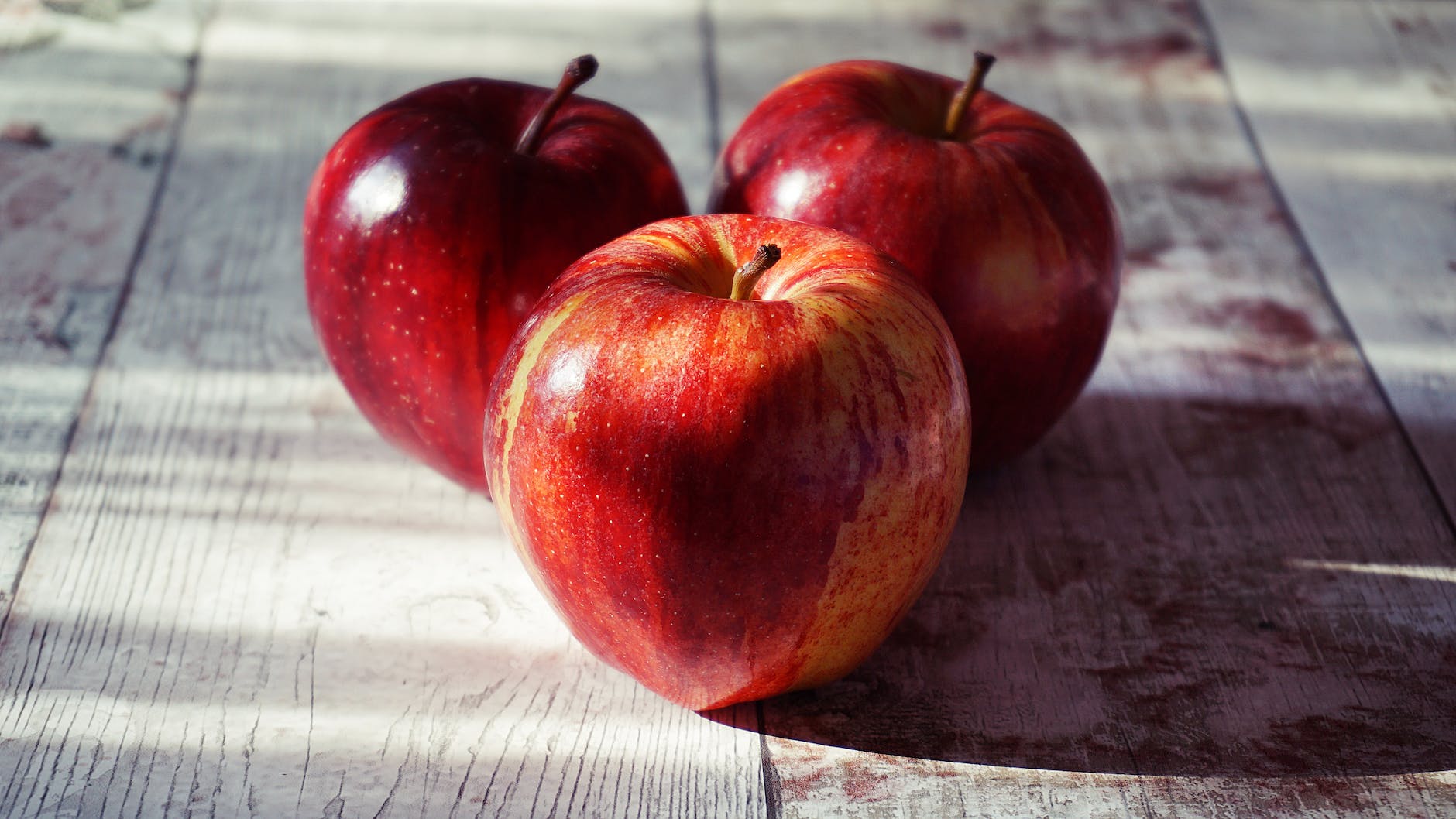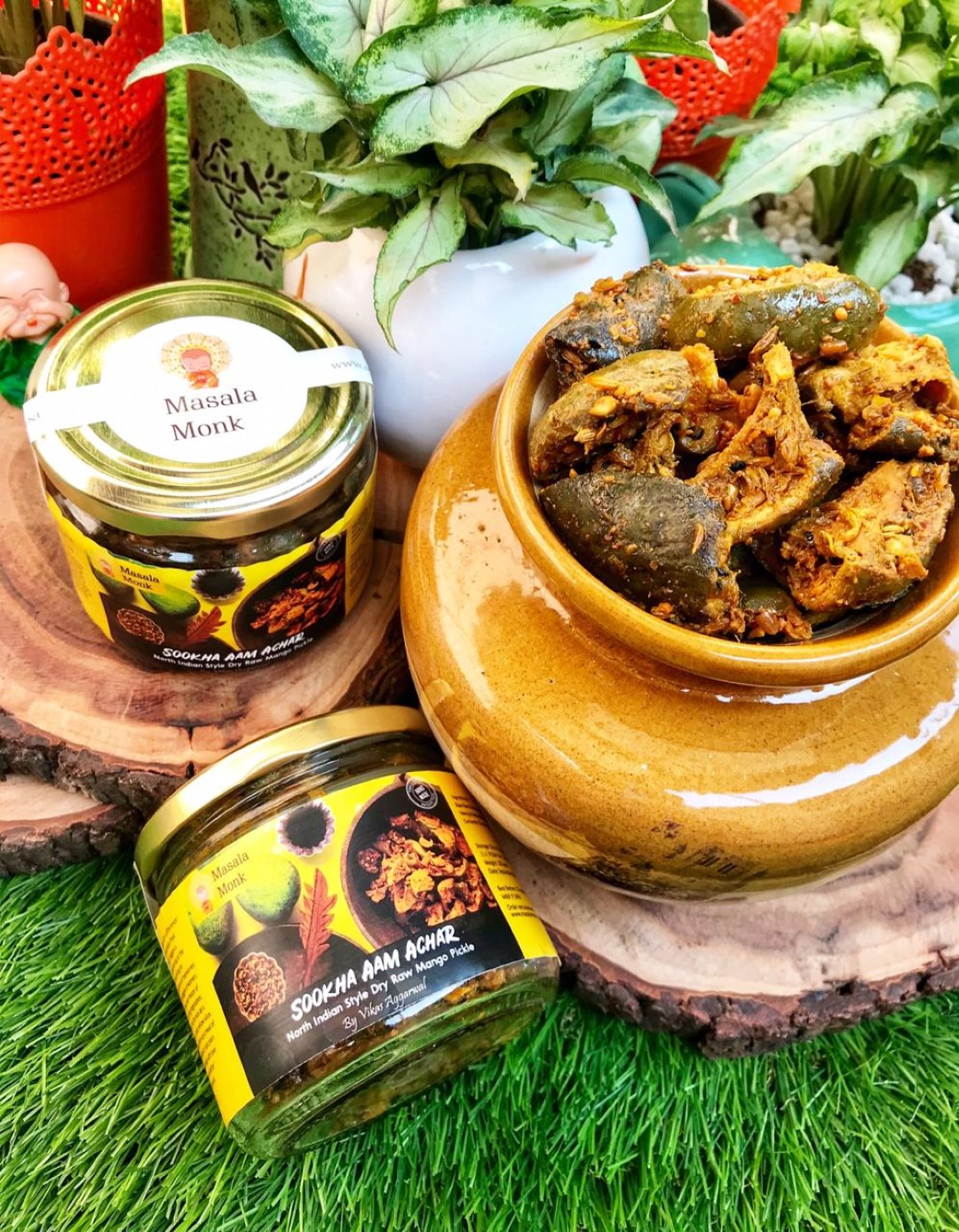
Apples, often hailed as a ‘miracle food’ and a ‘nutritional powerhouse,’ are incredibly good for you and can bring a whole host of health benefits. In this comprehensive guide, we’ll explore the nutritional content of apples, their health benefits, and the best apple varieties for your health and dietary needs.
Apple Nutrition Facts:
An apple a day can certainly keep the doctor away, and here’s why:
- Calorie Content: An apple, whether large or small, is a low-calorie snack. A large apple contains approximately 130 calories, while a small apple has about 78 calories. Despite their low calorie content, apples are a nutrient-dense food, providing a wealth of vitamins and minerals with each bite.
- Fiber: Apples are rich in dietary fiber. A small apple contains about 4 grams of fiber, which is 16% of the recommended daily intake. The fiber in apples is a mix of both soluble and insoluble fiber, which aids in digestion and promotes feelings of fullness.
- Vitamins and Minerals: Apples are packed with essential nutrients like Vitamin C, potassium, and a small amount of Vitamin A, calcium, and iron. These nutrients contribute to the overall health benefits of apples, supporting everything from immune function to heart health.
Carbs, Sugar, and Fiber in Apples:
While apples do contain carbohydrates and sugars, they have a low glycemic index. This means they release energy slowly and won’t cause a rapid spike in blood sugar levels. This makes apples a good fruit choice for people with diabetes. Furthermore, the fiber in apples, particularly soluble fiber, can help control blood sugar levels by slowing the absorption of sugar into the bloodstream.
Vitamins and Minerals in Apples:
Apples are a good source of several vitamins and minerals. Here’s a quick rundown:
- Vitamin C: Essential for immune function and skin health. A medium apple provides about 14% of the daily recommended intake of Vitamin C.
- Potassium: Helps regulate blood pressure and fluid balance. Apples are an excellent source of potassium, with a medium apple providing about 195 mg of this essential mineral.
- Vitamin A, Calcium, and Iron: Although in small amounts, these nutrients contribute to the overall nutritional profile of apples. Vitamin A supports vision and immune health, calcium is crucial for bone health, and iron is necessary for red blood cell production.
Apples and Weight Loss:
The high fiber content in apples can help you feel full, which can aid in weight loss by reducing overall calorie intake. Some studies suggest that eating apples before meals can lead to a greater weight loss. Here’s how apples aid weight loss:
- High in Fiber and Water: These qualities make apples filling, meaning they can keep hunger pangs at bay.
- Low in Energy Density: This means they provide fewer calories than the same weight of other higher-calorie foods.
Apples and Kidney Disease:
Apples are low in potassium and phosphorus, which can make them a good choice for people with kidney disease. They also contain antioxidants that may help protect the kidneys from damage. Here’s why apples are beneficial for kidney health:
- Low in Potassium and Phosphorus: These qualities make apples kidney-friendly, as high levels of these nutrients can be harmful to people with kidney disease.
- Rich in Antioxidants: These compounds help protect the kidneys from damage.
Apple Juice and Health:
While apple juice can be a source of hydration and some nutrients, it lacks the fiber found in whole apples and can be high in sugar. It’s generally healthier to eat whole apples. Whole apples also provide more overall nutrients than apple juice. For instance, a cup of apple juice has less than 0.5 grams of dietary fiber, while a medium apple has about 4.5 grams.
Apple Pectin Benefits:
Pectin, a type of fiber found in apples, has been linked to numerous health benefits. It can support gut health, lower cholesterol levels, and even aid in weight loss. Here’s how:
- Gut Health: Pectin is a prebiotic, meaning it feeds the good bacteria in your gut.
- Lowers Cholesterol: Pectin has been shown to reduce cholesterol levels by binding to cholesterol in the gut and promoting its excretion.
- Weight Loss: Pectin can delay stomach emptying, making you feel full for longer.
Best Apples for Health:
All apples can be part of a healthy diet, but some varieties stand out for their nutrient content. For example, Red Delicious apples are high in antioxidants, while Granny Smith apples are lower in sugar and may be better for weight loss. Other varieties to consider include:
- Fuji Apples: These apples are among the most sugary, but they’re packed with fiber.
- Gala Apples: A good source of vitamins A, C, and E.
- Golden Delicious Apples: These apples are lower in sugar and high in fiber.
Apples and Glycemic Index (GI):
The Glycemic Index (GI) is a measure of how quickly a food can raise your blood sugar levels. Apples have a low GI, which means they release glucose slowly into the bloodstream and do not cause a rapid spike in blood glucose levels. This makes apples a great choice for maintaining steady energy levels and supporting balanced blood sugar control.
Apples and Diabetes:
Apples can be a healthy part of a diabetic diet due to their fiber content and low GI. The fiber in apples slows down the digestion process and gradually releases sugar into the bloodstream, preventing spikes in blood sugar. Furthermore, the polyphenols in apples may help to improve insulin sensitivity, making it easier for your body to maintain stable blood sugar levels. However, like all fruits, apples do contain carbohydrates and should be counted as part of your overall carbohydrate intake.
Apples and Pregnancy:
Apples are a nutritious fruit that can be beneficial during pregnancy. They are rich in important nutrients like fiber, vitamin C, and potassium which are essential for the health of both the mother and the baby. The fiber in apples can help combat pregnancy-related digestive issues like constipation. However, it’s important to wash apples thoroughly before eating to remove any pesticides and bacteria.
Frequently Asked Questions:
- Are apples good for weight loss? Apples are high in fiber and water — two qualities that make them filling and may aid in weight loss. They can keep you full for longer and help control your calorie intake.
- Can people with diabetes eat apples? Yes, apples can be a part of a healthy diet for people with diabetes. They have a low glycemic index and are packed with fiber, which helps regulate blood sugar levels.
- Are apples safe to eat during pregnancy? Absolutely. Apples are rich in essential nutrients like fiber, vitamin C, and potassium, which are beneficial for pregnant women. However, it’s important to wash them thoroughly to remove any potential pesticides or bacteria.
- Which apple variety is the healthiest? All apples are healthy, but some varieties have slightly higher nutrient contents. For example, Red Delicious apples are high in antioxidants, while Granny Smith apples are lower in sugar and may be better for weight loss.
- Do apples help with digestion? Yes, the high fiber content in apples helps support digestive health. They can aid in preventing constipation and promote a healthy gut.
- Are apples good for your heart? Apples are rich in soluble fiber, which can help lower your blood cholesterol levels. They also contain flavonoids, which are linked to lower risk of heart disease.
- Can apples improve skin health? Apples are rich in vitamin C, a nutrient that’s vital for skin health. They also contain antioxidants that protect your skin from free-radical damage.
- Do apples help in detoxification? While your body is perfectly capable of detoxing itself, the fiber in apples can help support your body’s natural detoxification processes by aiding in the elimination of waste.
- Are apples good for your brain? Apples contain antioxidants that may protect your brain from oxidative stress, which can lead to cognitive decline.
- Can apples help prevent cancer? While no single food can prevent cancer, a diet rich in fruits like apples can help reduce the risk of certain types of cancer. Apples contain several compounds that have antioxidant and anti-inflammatory effects, which could help reduce cancer risk.
Remember, while apples are incredibly healthy, they’re best consumed as part of a balanced diet. Always consult with a healthcare provider or a dietitian for personalized dietary advice.
Conclusion:
Apples are a versatile fruit that can support many aspects of health, from heart health to weight management. Whether you’re looking to lose weight, manage a chronic disease, or simply improve your diet, apples can be a delicious and nutritious addition to your meal plan.












